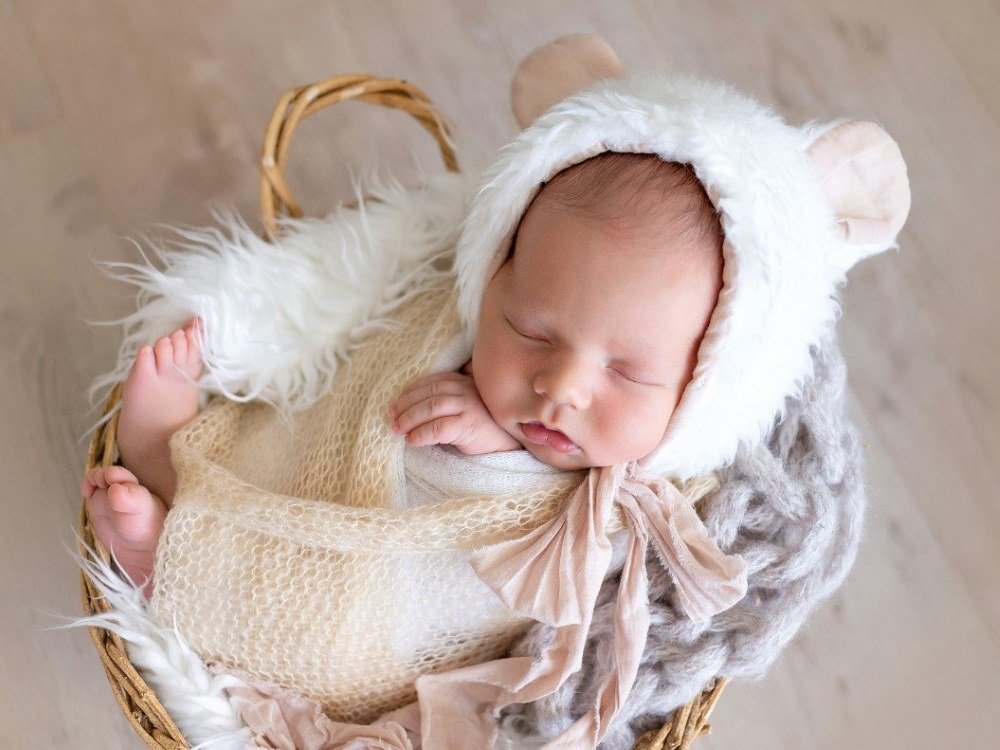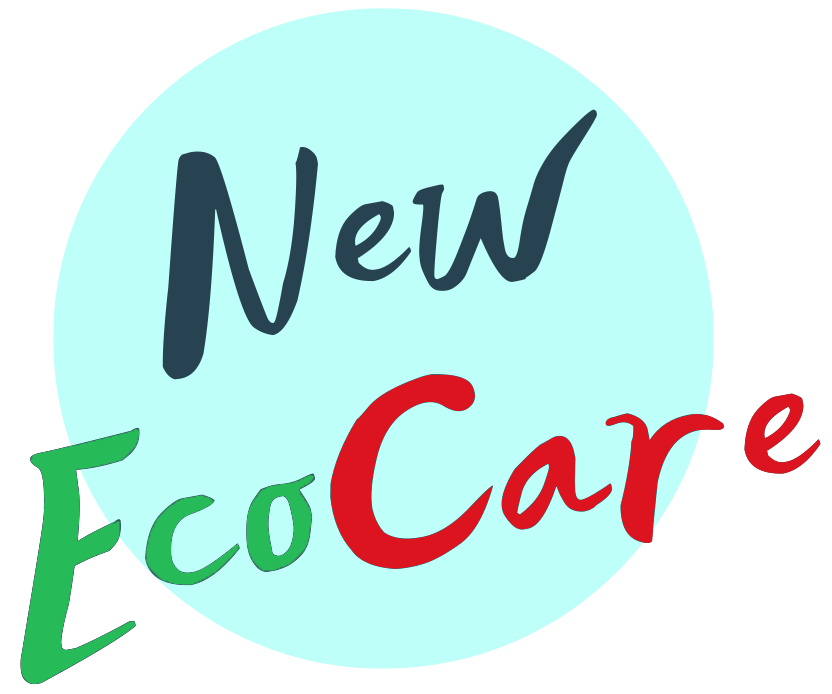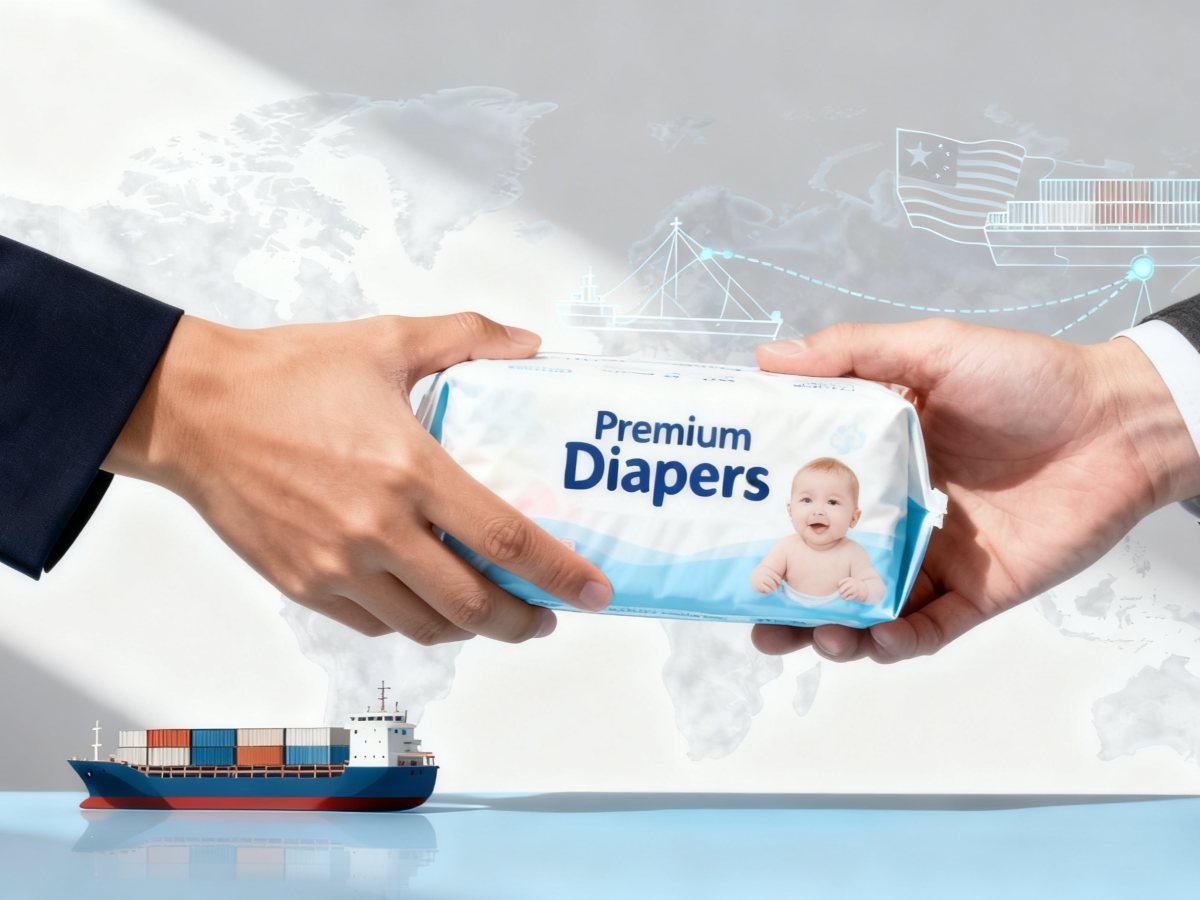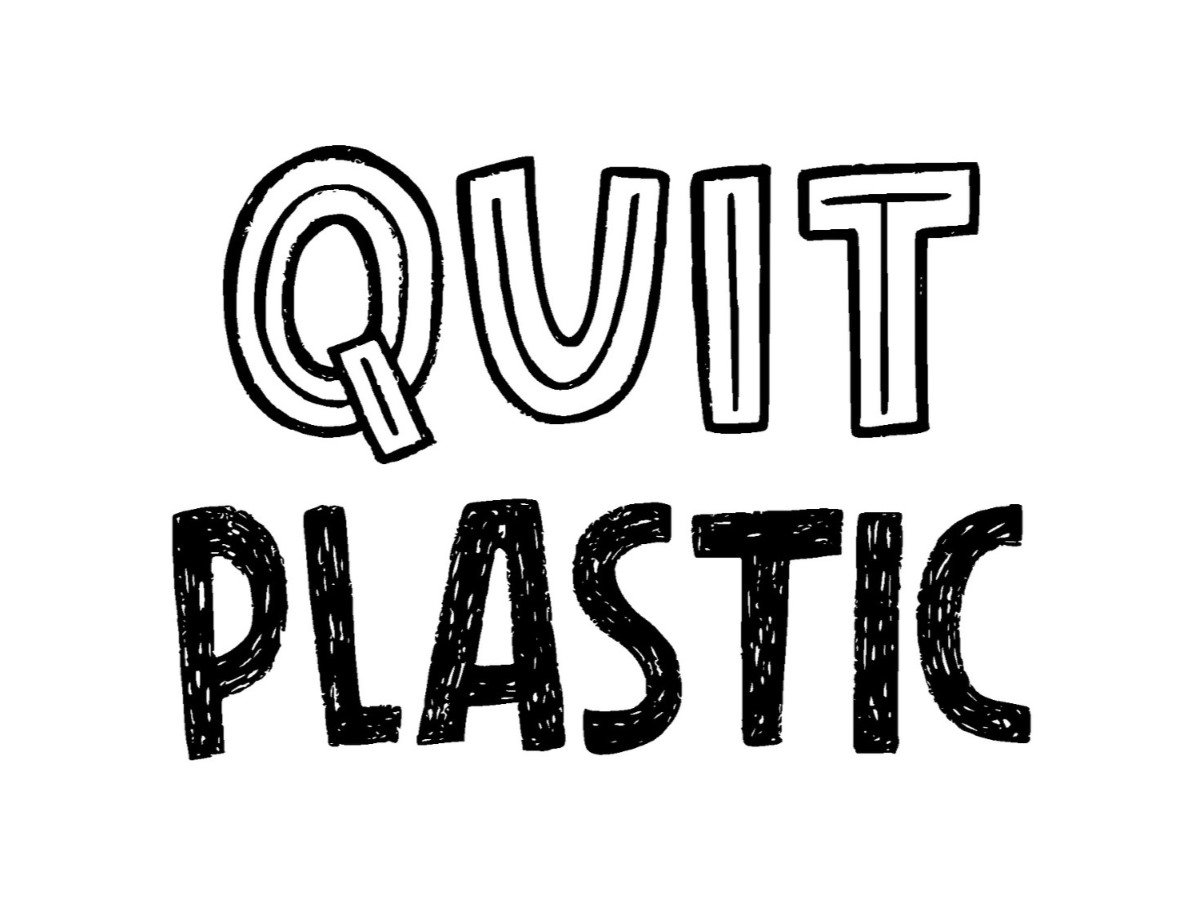In today’s competitive baby-care market, retailers face squeezing margins, intense branded competition, and ever-rising consumer expectations. However, for those willing to think differently, there is a real opportunity: by embracing private label baby diapers and partnering with a reliable OEM manufacturing specialist, a retailer can raise its positioning, strengthen its brand, and unlock significantly higher profit margins.
At New EcoCare, we specialise in OEM and private-label diaper manufacturing, helping our retail partners design, source and launch custom baby diaper lines that deliver premium quality, differentiated features and strong brand value. In this article we’ll walk through exactly how retailers can leverage private label baby diapers for strategic advantage—and how to do it in a way that avoids the common pitfalls.
Índice
1. Why private label baby diapers merit serious consideration
Many retailers assume that private label hygiene products are simply a cost-cutting tool to under-price national brands. But smart retailers use private label as a premium positioning lever—especially in baby care, where parents are willing to pay more for clarity, safety and trust.
When you offer a bespoke diaper product under your own brand—rather than merely reselling major national labels—you gain several distinct advantages:
Higher margin control. By controlling the production cost through an OEM partner, you capture the “premium-brand” margin rather than simply absorbing brand-owner margin.
Brand differentiation. Your own brand baby diaper line can be packaged, positioned and marketed in a way that resonates with your retail channel and customer base—highlighting eco-credentials, comfort, hypo-allergenic materials, or premium packaging.
Supply-chain flexibility. Working with a manufacturing partner like New EcoCare gives you more agility in sourcing, design, packaging, and lead time—especially important when consumer trends shift (e.g., bamboo-based diapers, ultra-thin core technology).
Competitive resilience. A strong private label diaper line helps you insulate your retail business from promotional wars among large brands, and gives you control of pricing, positioning and innovation.
In short: for the retailer willing to think of diapers not as a commodity but as a branded hygiene product, private label baby diapers represent a meaningful path to “premium” rather than “price-led” positioning.

2. What premium positioning means in the baby diaper arena
For a retailer to command a premium price—and therefore higher margin—your private label baby diapers must deliver clear perceived value to the end customer. That means delivering more than “just a diaper”. Key value levers include:
Material excellence. Soft non-woven topsheets, high-capacity absorbent cores (SAP + fluff pulp), breathable backsheets, hypo-allergenic fabrics. At Xiamen New EcoCare we support customization in all these materials.
Feature innovation. Examples include wet-ness indicators, comfortable leg cuffs, stretch waistbands, side-leak guards, ultra-thin core formats, eco-friendly/bamboo fibre options. We’ve analysed how ultra-thin vs wood-pulp core options affect cost and perception.
Eco-credentials. Many parents are increasingly eco-aware: biodegradable components, bamboo-based materials, FSC or TCF pulp, low-chlorine processing. These attributes allow higher pricing and enhance brand image. For example, our bamboo-diaper OEM solutions demonstrate this trend.
Packaging & brand identity. Premium positioning comes from strong packaging, clear branding, and consumer-friendly messaging (premium line, sensitive skin, overnight protection, eco-friendly). Retailers can use packaging to differentiate from bargain-basement lines.
Retail channel alignment. Positioning must match your store environment: the way you promote it, where you place it, the pricing language you use (e.g., “premium” vs “value”). Premium positioning isn’t just product—it’s retail execution.
When all of these align, your private label baby diapers become a profit centre, not simply a low-price filler.
3. How retailers can partner with an OEM manufacturer to make this happen
If you decide to pursue a private label baby diaper strategy, the choice of OEM partner is critical. At New EcoCare we’ve helped many retailers globally build successful private label lines. Here’s a roadmap of how it works—and what you as the retailer should ask.
Step A: Define your brand proposition
Before you start manufacturing, you need clarity on your target segment and positioning. Are you aiming for:
Premium ultra-soft sensitive-skin diapers?
Eco-friendly bamboo-fiber diapers?
Overnight performance diapers for heavy wetters?
Value private label with reliable performance at lower cost?
Your proposition drives your features, packaging, cost base and ultimately margin.
Step B: Feature and materials specification
Once you have a proposition, work with your OEM to define your materials and features. For example, choosing between a conventional fluff-pulp plus SAP absorbent core vs an ultra-thin format changes cost, sizing, packaging and perception.
Also decide on backsheet breathability, topsheet softness, leak-guard design, leg cuff fit, and eco-claims (e.g., bamboo pulp, chlorine-free, FSC).
At New EcoCare we provide flexible OEM services: custom sizes, materials, packaging options.
Step C: Branding, packaging and marketing support
Your packaging should reflect premium positioning: strong design, brand story, clear features, perhaps eco-credentials, and retail-ready language. OEM partners should support you with custom artwork, logo printing, bag design, outer carton setup.
From the retailer’s side, ensure your internal marketing, shelf space, pricing, and point-of-sale messaging all reinforce the premium brand.
Step D: Costing, MOQ, logistics
As a retailer you’ll want to balance margin with investment risk. Ask your OEM about minimum order quantity (MOQ), production lead‐time, shipping terms, packaging cost, and logistics.
At New EcoCare, we offer flexible MOQ options and support global logistics across multiple markets.
Also build in cost scenarios: if you choose ultra-thin or bamboo fibres, cost per unit will increase—so you must set retail pricing accordingly to maintain margin.
Step E: Quality assurance & compliance
Since your brand reputation is on the line, your OEM must meet international standards (e.g., ISO, CE, SGS) and incorporate robust quality control (leak tests, absorbency tests, raw-material traceability). New EcoCare emphasises factory automation, multiple production lines, and full QC checks.
You as the retailer should also plan product testing in your region, periodic audits, and be prepared for regulatory documentation (if you sell in Europe, US, Middle East etc.).
Step F: Launch, marketing and evaluation
When your private label baby diaper is ready, launch it with appropriate positioning: premium pricing, standout shelf placement, supporting promotions (e.g., “our new ultra-soft premium diaper”). Then monitor key metrics: sell-through, margin per unit, customer feedback (especially for comfort/fit/leak performance). Use this data to refine future runs.

4. Practical example: How a retailer doubled margin with private label
Here’s a hypothetical but realistic example of how a mid-sized regional retailer implemented a premium private label baby diaper line through OEM manufacture and achieved improved profitability.
Scenario
A retailer had an existing national-brand baby diaper line with 20% margin. They decide to launch a private label “BabyLux Premium” line, positioning it as ultra-soft, hypo-allergenic, and eco-enhanced. They partner with New EcoCare for the OEM service.
Actions
Define premium proposition: “BabyLux Premium – Bamboo-fibre blend, 12 h dryness, breathable backsheet, flexible waistband”.
Select materials: FSC wood pulp core, high-quality SAP, soft stretch waistband design.
Packaging: premium matte finish bag, brand story emphasising comfort + sustainable materials.
MOQ: manageable start-up order to test market.
Pricing: set retail price 15-20% above average national brand, creating margin room for promotion but not under-cutting.
Marketing: shelf signage, loyalty-program samples, feature in store newsletters.
Launch supported by consumer trial packs to generate word-of-mouth.
Results
Sell-through rate reached 1.5× that of previous value-line private label diapers (due to premium positioning).
Margin per unit increased: because cost via OEM was lower than brand equivalent, and retailer priced higher.
Retailer captured brand equity: consumers perceived “BabyLux Premium” as higher quality than store’s value line, reducing price-sensitive switching.
After six months, retailer expanded sizes and variants (overnight, mini, ultra-thin) and negotiated better volume pricing with OEM.
This example illustrates: private label is not just about cost-saving. When done well, it’s a strategic move to upgrade brand, raise margins, and deepen customer loyalty.
5. Common pitfalls and how to avoid them
As appealing as the opportunity is, many retailers stumble. Here are common pitfalls—and how to steer clear.
Underestimating cost premium for “premium features”. If you add bamboo fibre, ultra-thin core, stretch waistband, etc., your cost goes up. Ensure retail price and margin reflect it.
Poor differentiation. If your private label diaper looks or feels very similar to national brands, you’ll compete on price—and lose margin. Make your proposition clear (e.g., eco-friendly, sensitive skin, premium materials).
Weak supply chain or MOQ mismatch. Some OEMs demand high MOQs or long lead times. Choose a manufacturer with flexible MOQ, scalable production and good logistics (like Xiamen New EcoCare).
Lack of marketing support. A premium claim must be backed by visible packaging, shelf presence and consumer communication. Otherwise a “premium” private label remains invisible.
Ignoring quality control. A bad performance diaper (leaks, rash, poor fit) will damage your brand equity—retailers must ensure rigorous QC upfront.
Mismatched positioning in retail environment. If you price too close to value lines, you confuse consumers. If you price too high without justification, you reduce trial. Find the sweet spot.
6. Why retailers should consider partnering with New EcoCare (and what we bring)
At New EcoCare, we recognise the unique needs of retail partners seeking to upgrade their diaper categories. We offer:
OEM & Private Label Expertise. With over 20 years of manufacturing experience, 15+ production lines and global export scale, we support full private label diaper solutions for retailers.
Customization Flexibility. From material specification to packaging design, absorbency levels to branding printing, we tailor according to your brand vision.
Eco-Friendly Options. We support bamboo fibre, biodegradable components, TCF pulp, eco packaging—ideal for premium positioning which resonates with eco-aware consumers.
Global Compliance & Quality Control. We assist with certifications (ISO, CE, FDA, SGS), rigorous QC processes, and export readiness for multiple regions.
Retail-Partner Mindset. We understand the retail channel, the importance of packaging, branding, shelf appeal, cost control and margin support—so our service is built to support your success as a retailer, not merely the manufacturing line.
7. Steps for a retailer to take now
If you’re a retailer considering taking your baby-diaper category to the next level via a private label, here’s a practical checklist:
Segment and define your target consumer. (e.g., eco-conscious parents, premium segment, sensitive skin).
Craft your brand proposition and messaging. What is the “premium” promise you deliver?
Select materials and features in partnership with your OEM. Focus on what your consumers care about (comfort, absorbency, eco-credentials).
Design packaging and branding accordingly. Strong visuals + premium feel = helps justify premium pricing.
Negotiate cost, MOQ, lead-time with your manufacturing partner. Ensure margin viability.
Plan your retail launch and marketing funnel. In-store signage, sampling, premium shelf placement.
Monitor performance metrics. Sell-through rate, margin per unit, customer feedback, repeat purchase.
Refine and scale. Based on what works, expand sizes, variants, promotions, and build your brand story.
8. Summary: Premium positioning + private label baby diapers = profit potential
In summary: for retailers willing to shift away from price-led competition and instead position their baby diaper product as a premium private label, the reward can be substantial. You gain differentiation, greater margin control, stronger brand equity—and you’re less vulnerable to branded-manufacturer promotions.
By partnering with an experienced OEM and private label manufacturer like New EcoCare, you tap into manufacturing excellence, customization flexibility, eco-credentials and retail-channel understanding—all essential for success.
If you’re serious about upgrading your baby diaper category from “commodity” to “premium own-brand”, now is the time to act. Define your proposition, map your costs, design your packaging, and work with an OEM partner who understands retail. The result? A differentiated product that delivers value to retailers e parents—and a meaningful boost to your bottom line.


